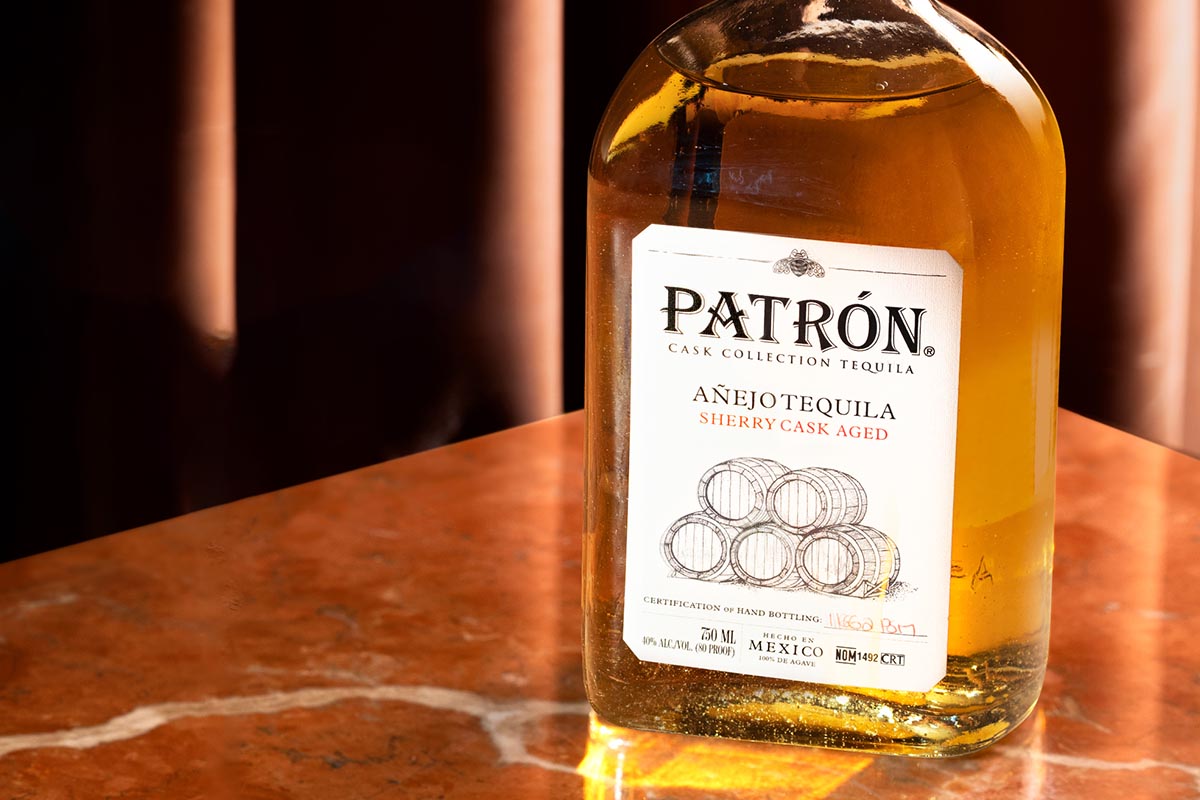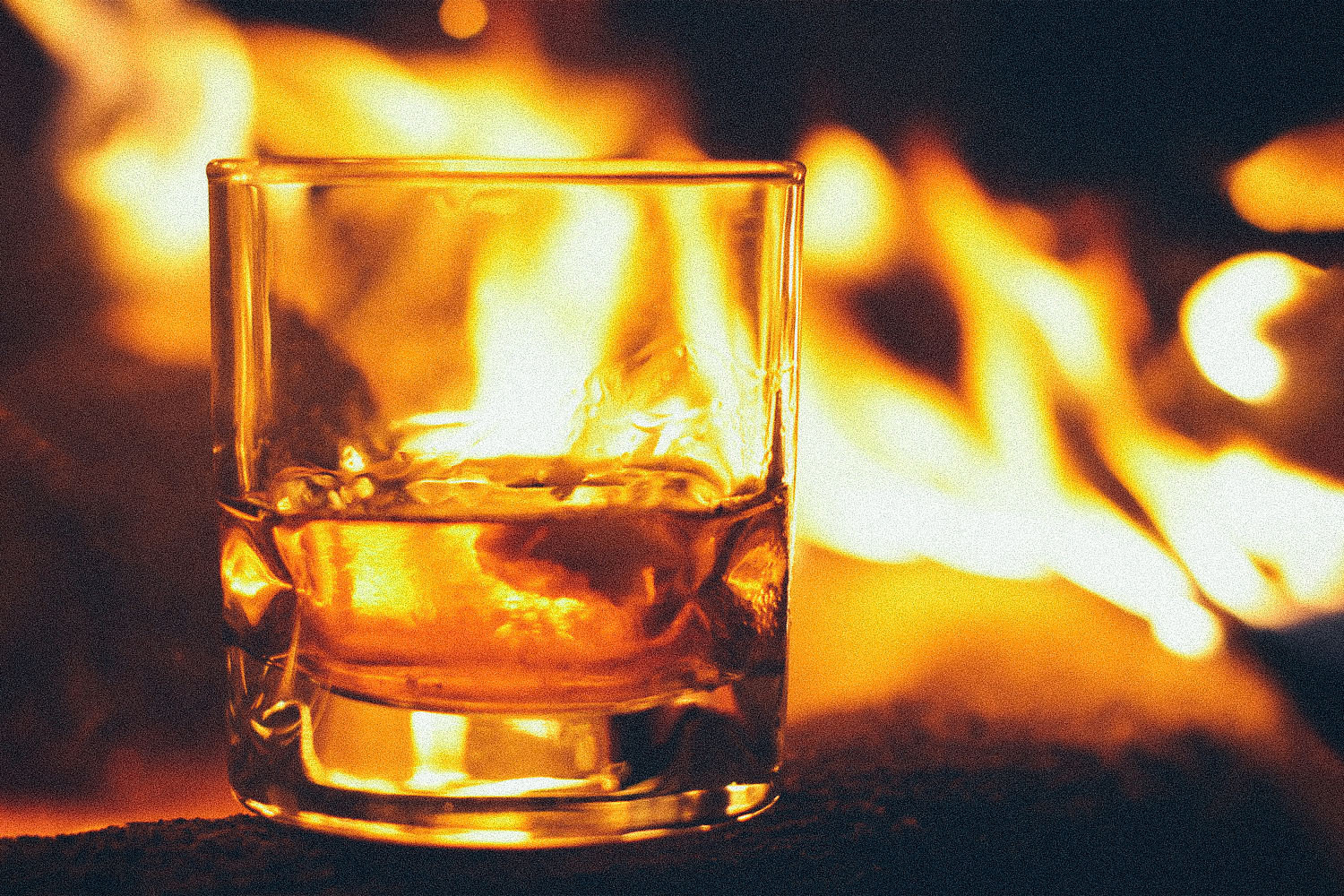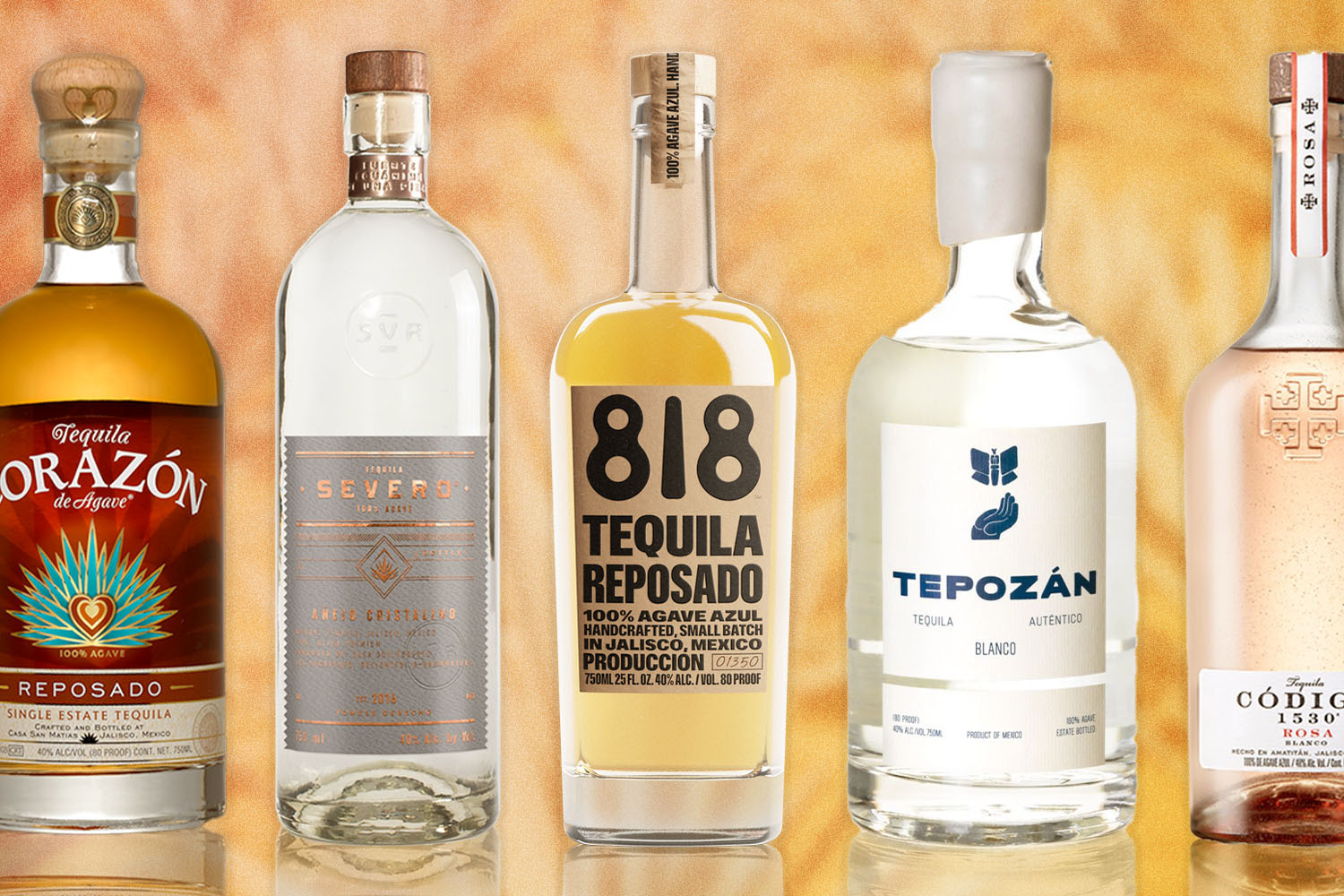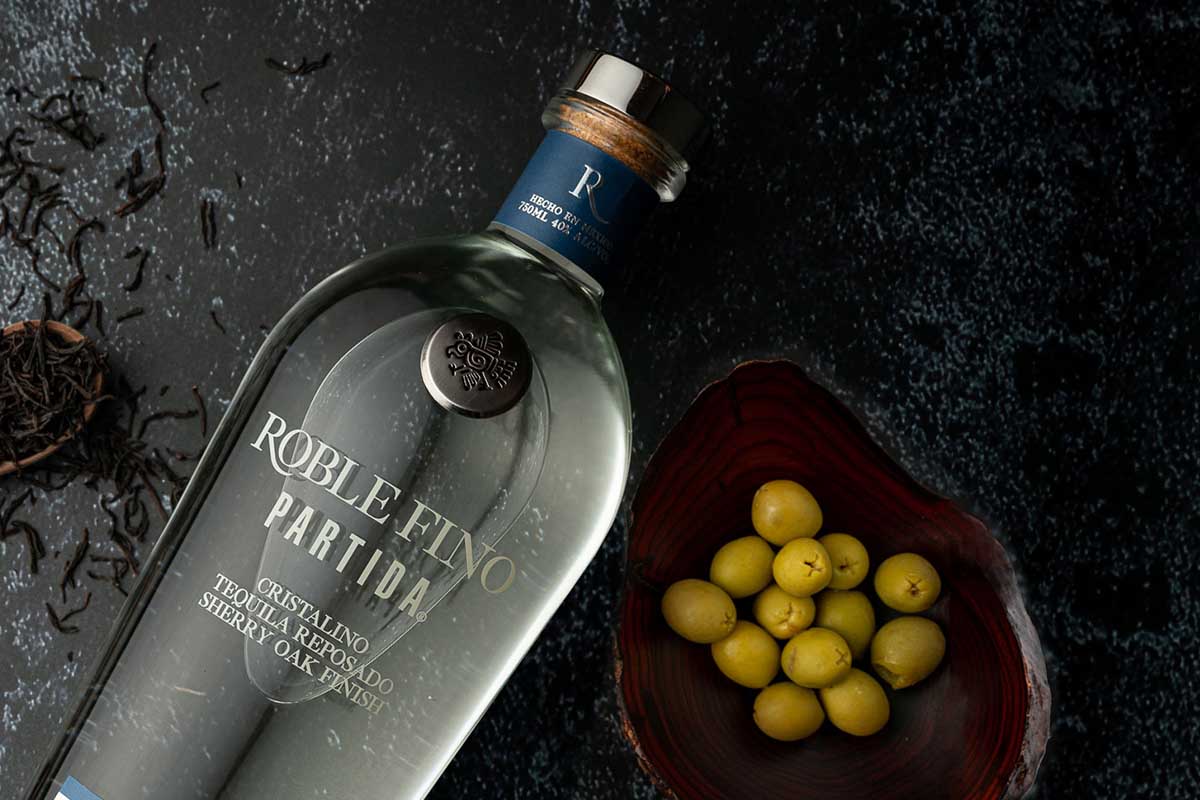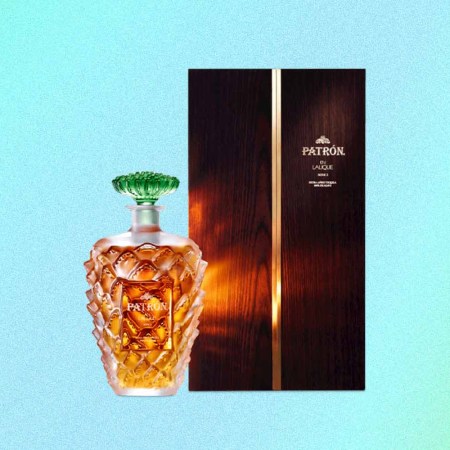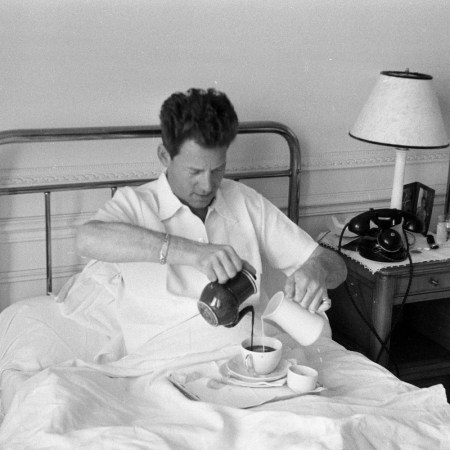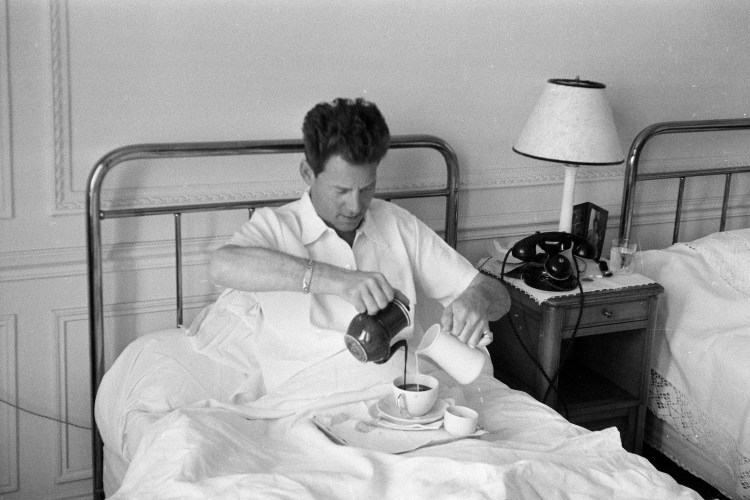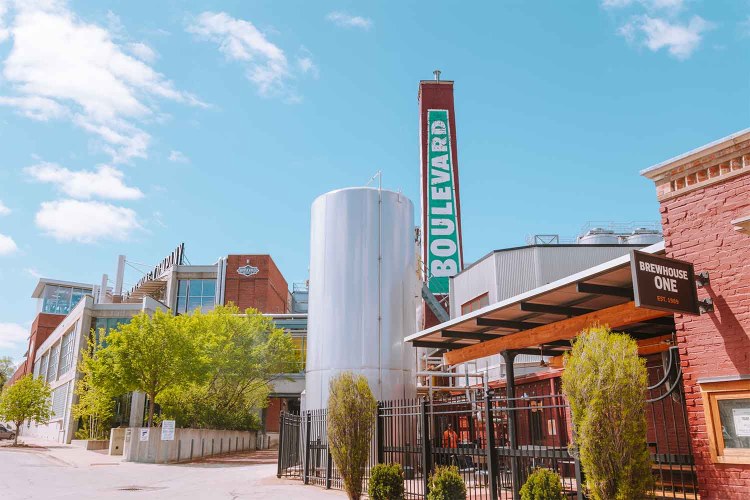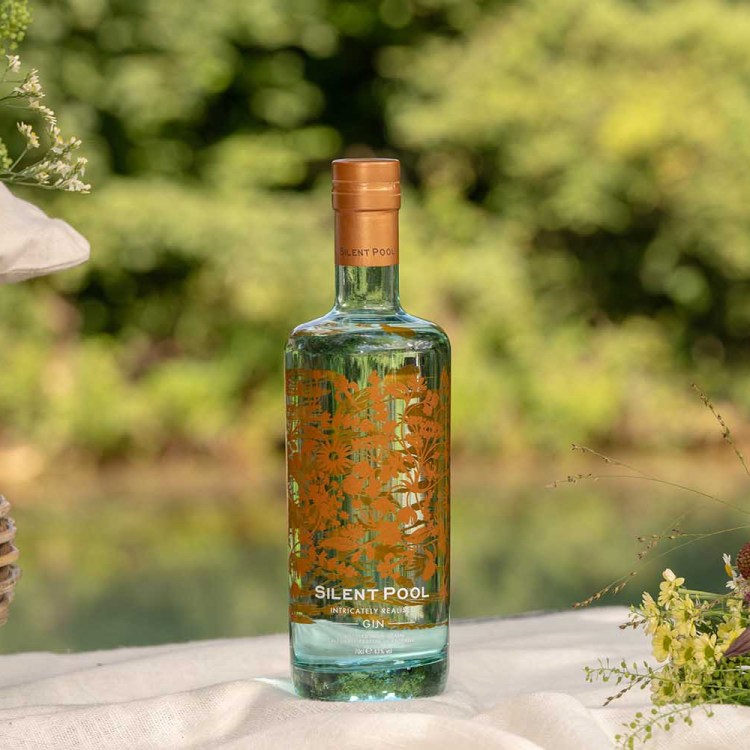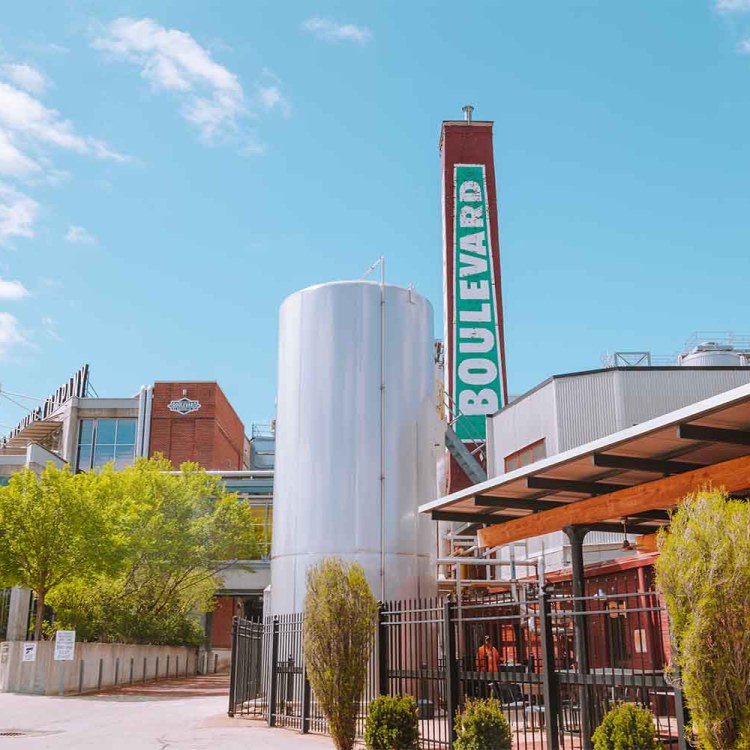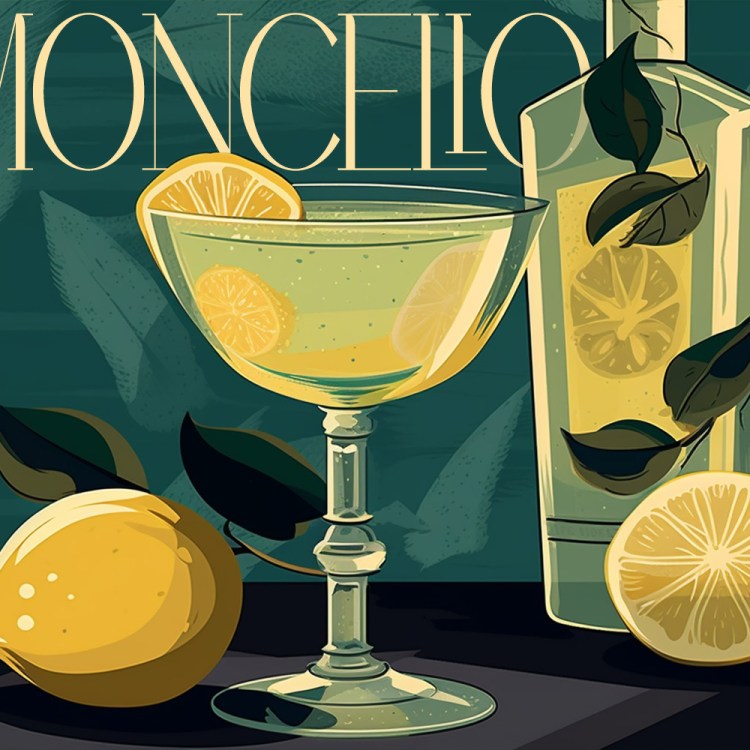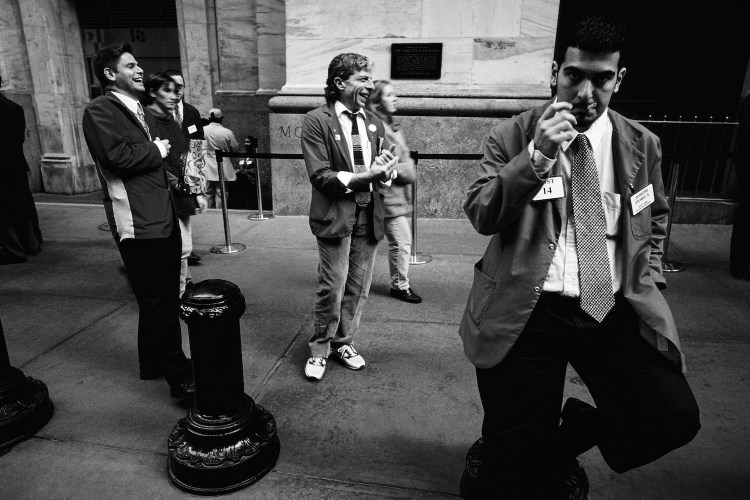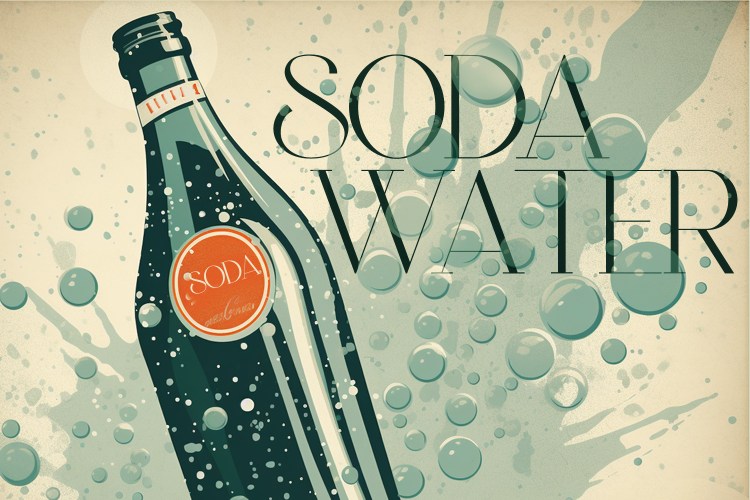When you think about it, tequila does a lot of its maturing before it’s even made.
It takes at least seven years for an agave plant to grow enough that it can be harvested for tequila, meaning that even an “un-aged” blanco still has years of age behind it. But that’s no reason to completely forego time in barrel, especially if oak-derived flavors and aromas can enhance the underlying character of the spirit.
Most reposado (aged 2-12 months) and añejo (aged 1-3 years) tequilas rely on a single type of barrel: the used, or ex, bourbon barrel. Since bourbon distillers can only use their barrels once, they sell them on to producers of other spirits, making the vessels ubiquitous. Ex-bourbon barrels typically create vanilla, caramel and gentle spice notes in tequila, with deeper flavors corresponding to more time in the barrel and the number of times the barrel has been used before.
But some producers are looking beyond the bourbon barrel to other cask types to create different and unique flavors in their tequila. A native of Scotland, Storywood founder Michael Ballantyne was inspired to mature tequila in Speyside single malt casks following a visit to San Miguel de Allende, where he noticed a number of young Mexicans drinking Scotch and realized there could be a synergy between the two nations. “I knew nothing about tequila other than my university days, taking shots,” he admits. “It usually ended in regret.”
But sipping tequila was a different story. After experiencing great tequila in Mexico, Ballantyne was hooked, and he tried to entice his friends back home. They persisted in treating the spirit as a shooter — until he offered it to them in a Glencairn tasting glass or nice rocks glass. “That was the lightbulb moment for me,” he says. “If you can change perception just based on the glassware, what can you do if you actually put it into single malt whisky barrels?”
Ballantyne says that his goal with Storywood was “bringing two cultures together as one” — something that a much larger and more established brand is also attempting with its latest barrel experiment. Patrón just launched Sherry Cask Aged Añejo widely, following a limited version available at duty-free stores a few years ago. This tequila release spends two years and four months in oloroso sherry casks from Spain, which master distiller David Rodriguez hand selects to work well with the blanco tequila.
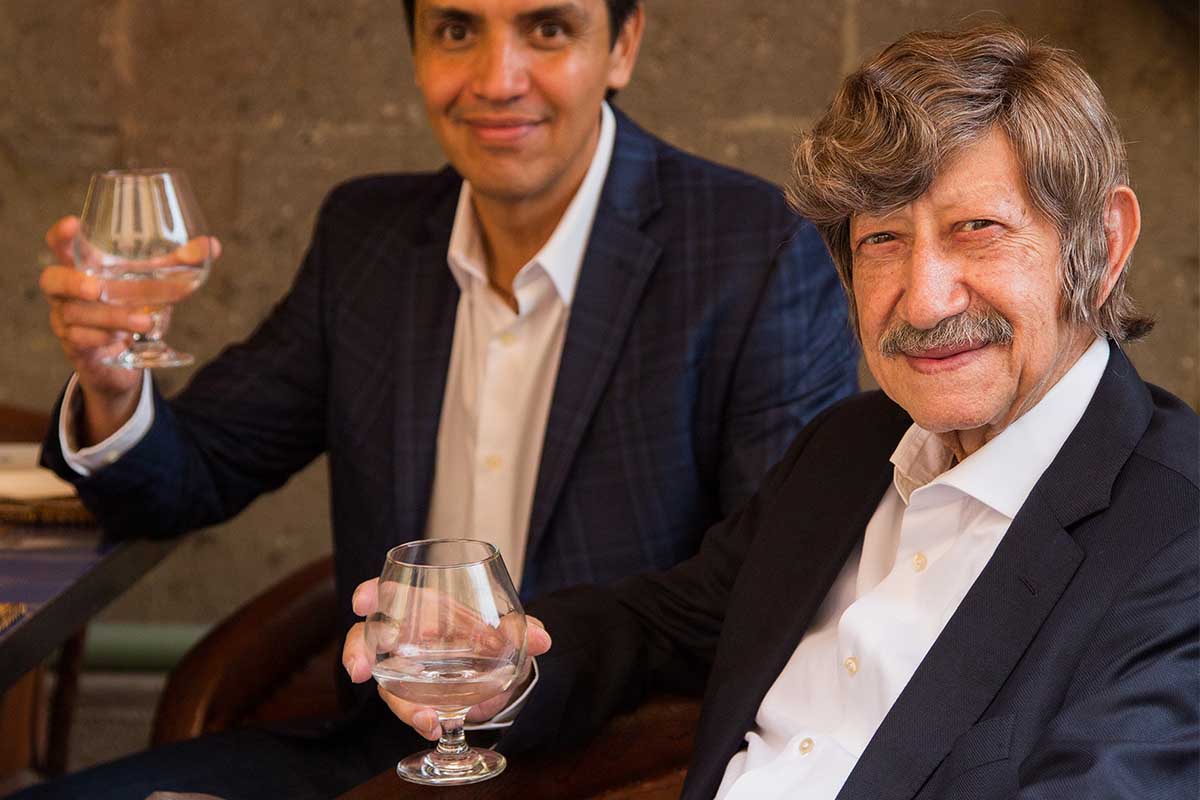
“It’s so difficult to get these barrels,” he says, explaining that unlike bourbon producers, sherry bodegas don’t often sell their used casks. “We visited at least ten [bodegas] to see what is the best option for us.” Rodriguez notes that oloroso, rather than the sweeter Pedro Ximénez sherry, was Patrón’s choice because of the flavors derived from its base ingredient, Palomino Fino grapes.
The careful maturation paid off: Patrón Sherry Cask Aged strikes a deft balance between the tequila’s classic agave notes and the dried fruit and soft spice of the sherry. “We are so proud to produce this combination of two cultures: France and Spain,” says Rodriquez, who took over as master distiller in 2020 after working for nearly two decades alongside former master distiller Francisco Alcaraz. “When you taste our product, all the energy of our people is there.”
Below, Storywood, Patrón and some other tequilas that have spent time in interesting barrels:
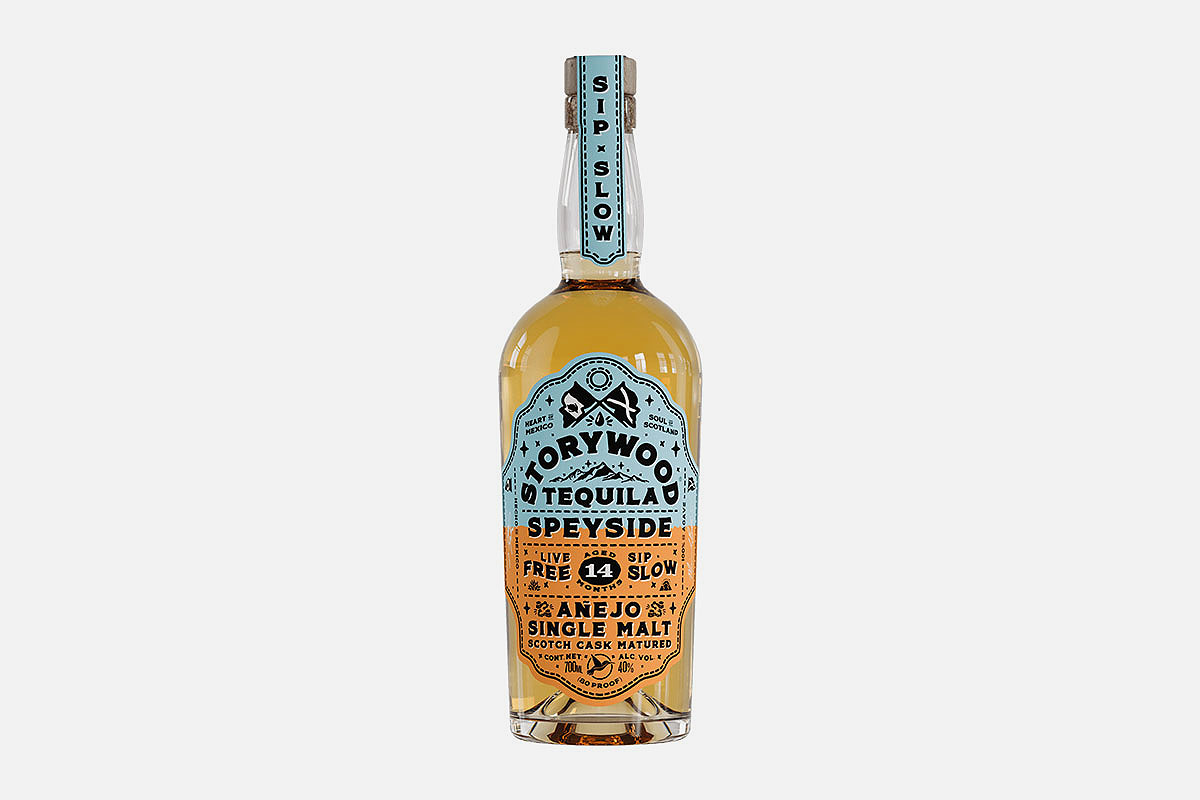
Storywood
Maturation: Speyside single malt Scotch
Ballantyne aimed to strike a balance between the base tequila and the maturation casks, focusing on complementary flavors. Because Storywood uses Lowland agave, he says, it’s earthy and grassy. “When I first tasted the blanco, I [thought] Speyside casks would work really well because you get sweetness from them,” he explains. In the reposado (aged 7 months), that juxtaposition is expressed in a vanilla-led, herbal nose with flavors of orange creamsicle and pepper on the palate, while the añejo (aged 14 months) lets the barrel lead, providing a sturdy oak backbone to soft herbal and agave notes.
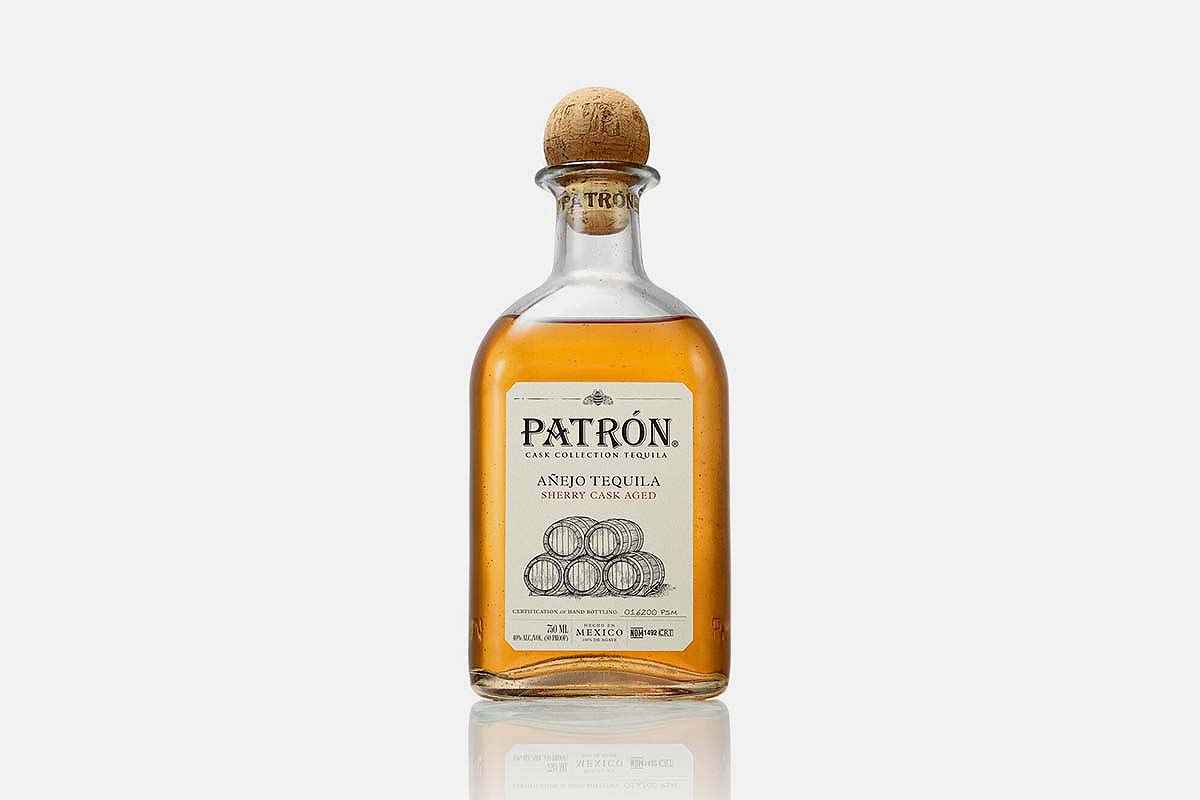
Patrón Sherry Cask Aged Añejo
Maturation: Oloroso sherry
Though sherry casks are common for maturing and finishing whiskies like scotch, they’ve been less used in tequila until now. Oloroso sherry is dry and oxidative, with nutty, spiced and dried-fruit flavors that meld seamlessly into the sweet agave of the tequila. Rodriguez says the process wasn’t straightforward; for a year and a half, the spirit and barrel did not get along. At two years old, however, the flavor profile transformed, proving that patience pays off.
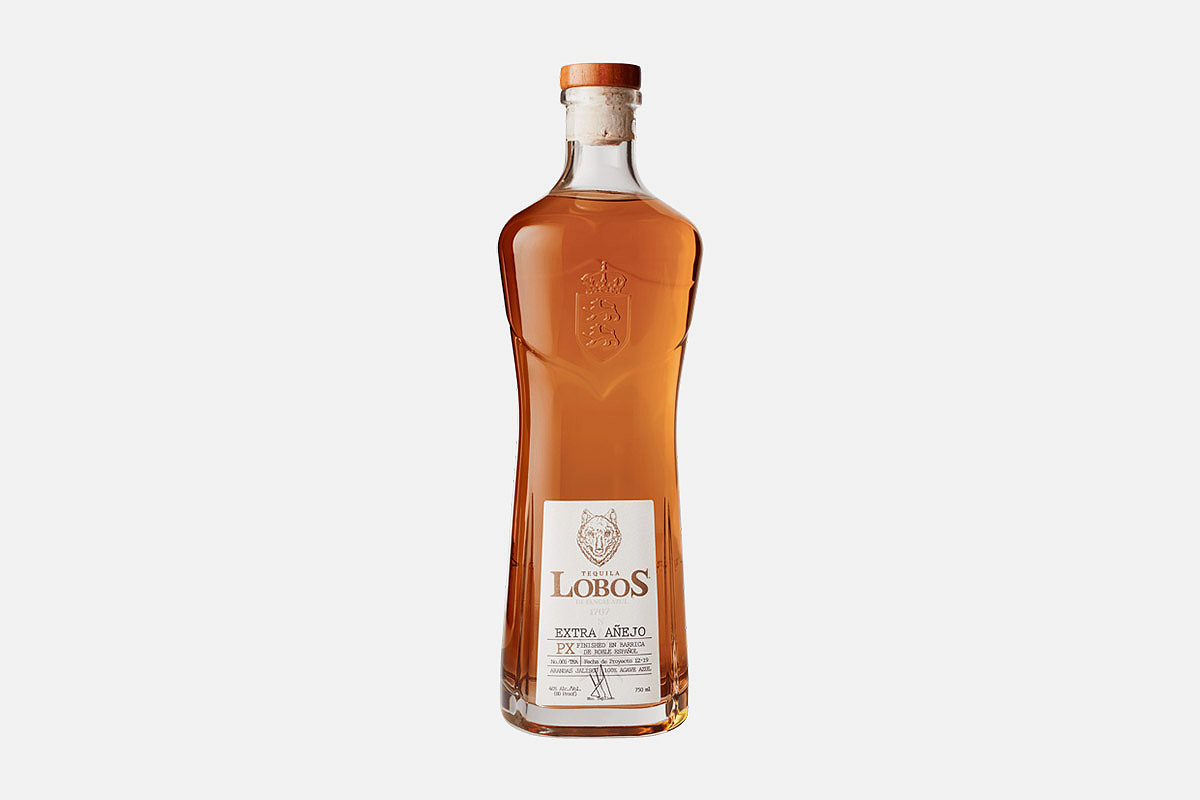
Lobos 1707
Maturation: PX sherry
Backed by LeBron James and a host of spirits industry and other business heavyweights, Lobos launched in late 2020 with three expressions, all of which spent time in PX sherry casks using the brand’s solera system. Unlike its sibling oloroso, PX is a syrupy-sweet wine that imparts rich fruit and chocolate flavors on the spirit. In the joven, which just gets a quick finish, the PX comes through with subtle richness, but the reposado (aged six months before its PX solera finish) and extra añejo (aged three years before finishing) take on more dessert-like characteristics, including luscious crème brûlée. Read our full review here.
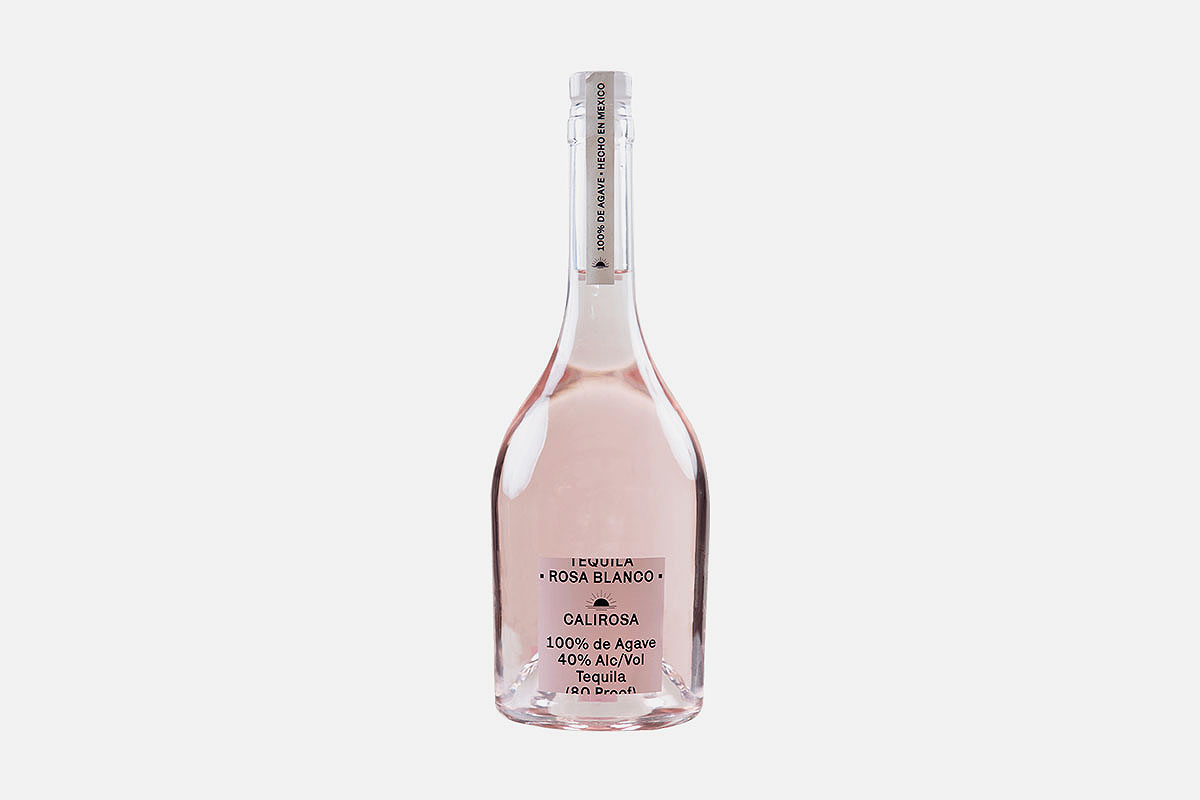
Calirosa
Maturation: California red wine
A blanco tequila the color of Provençal rosé? Apparently it’s possible; the Consejo Regulador de Tequila says that this softly fruity, millennial-pink tequila, which spends 30 days in red wine barrels from Napa, Sonoma, and Santa Barbara, is a “rosa blanco.” Its añejo sibling spends longer in those barrels, maturing for 18 months, and ends up a much darker copper and yields notes of caramel and vanilla. Calirosa has a celeb connection too, with Adam Levine and his wife, model Behati Prinsloo, signed on as partners.
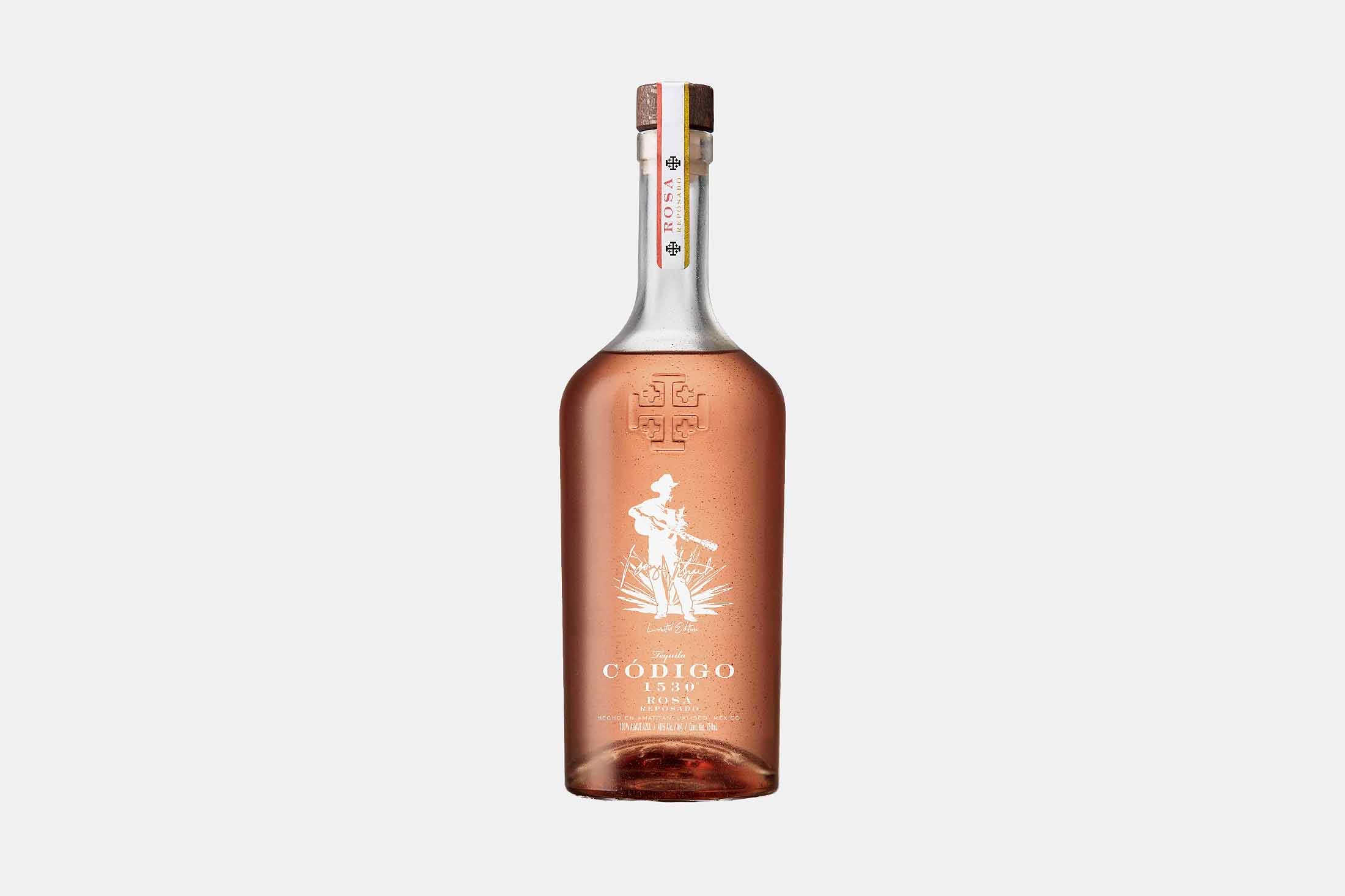
Código 1530 Rosa Reposado
Maturation: French red wine, followed by oloroso sherry
Doubling up on barrel influence is a bold move: Though it may result in amplified flavors, the extra finish could just as easily end up ruining an otherwise great tequila. Código threw caution to the wind with this special edition of its Rosa expression, which is usually aged in French oak wine barrels for a month and then bottled. This time, however, the George Strait-endorsed brand re-casked the spirit after three months, giving it a generous finish in fino sherry casks. With its blushing hue and rich flavors, the tequila looks almost as good as it tastes.
(Article updated 10/26 to clarify the aging process for Lobos)
Join America's Fastest Growing Spirits Newsletter THE SPILL. Unlock all the reviews, recipes and revelry — and get 15% off award-winning La Tierra de Acre Mezcal.
